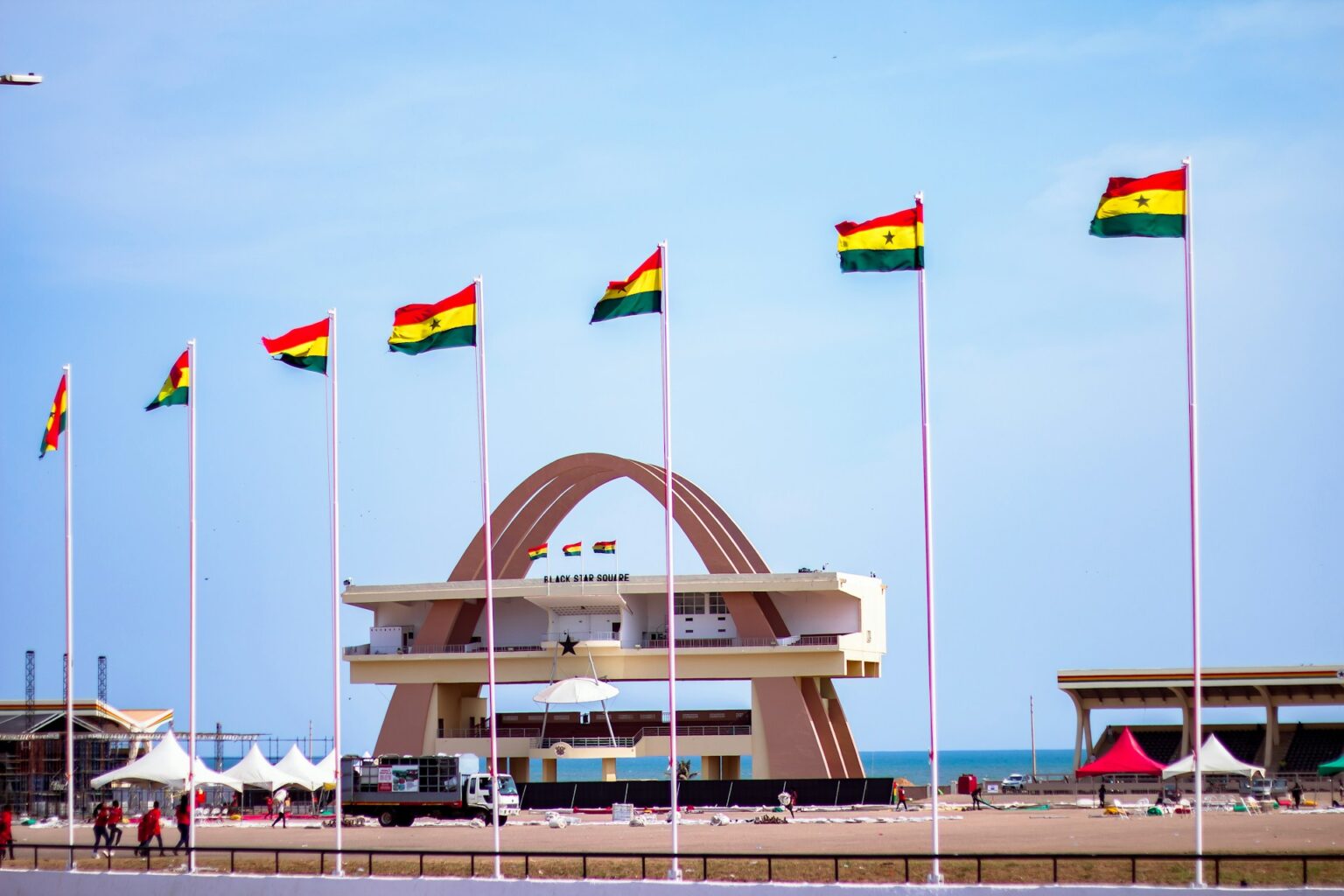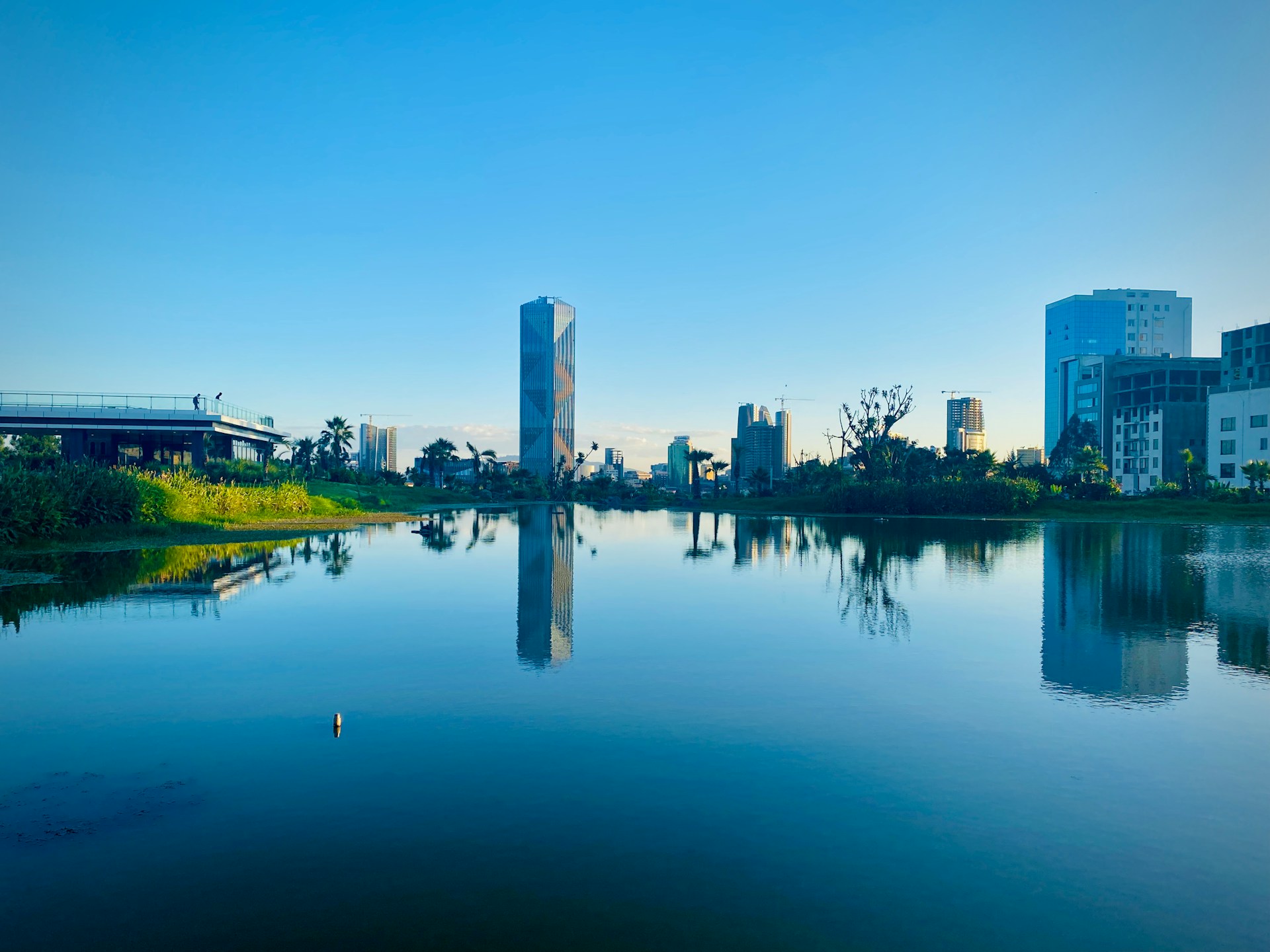Ghana fiber broadband expansion is gaining momentum as French media and telecom giant Vivendi, through its regional subsidiary Group Vivendi Africa (GVA) and flagship brand CanalBox, prepares to roll out affordable FTTH (Fiber-to-the-Home) internet services in the country. The project will begin in Accra and Kumasi, offering residents high-speed, unlimited broadband designed to boost digital inclusion and reshape connectivity across Ghana.
During a recent meeting, Jean-François Dubois, General Manager of Group Vivendi Africa, met with Samuel Nartey George, Ghana’s Minister of Digital Technology, Communication, and Innovation. The Minister expressed strong support for the project, describing the proposed pricing model as “revolutionary” and promising government cooperation to ensure the initiative succeeds.
GVA has been invited to submit a detailed proposal outlining its investment strategy, service plans, and the type of support expected from the government. The discussions also included opportunities for cross-sector collaboration, such as integrating broadband with premium digital content through Vivendi’s entertainment partnerships.
A Strategic Step in Ghana’s Digital Growth
This development represents a significant milestone in Ghana’s fiber broadband expansion, aligning with the government’s goal of reducing internet costs and increasing nationwide access. Minister George emphasized that the government is ready to champion initiatives that bring reliable, high-speed internet to households and small businesses at competitive prices.
Group Vivendi Africa already operates in nine African countries including Benin, Togo, Uganda, Côte d’Ivoire, Rwanda, Gabon, DRC, Congo, and Burkina Faso. The company has built nearly 40,000 km of fiber optic infrastructure, connecting more than 2.8 million households and enterprises. With Ghana’s entry, GVA will expand its footprint to ten African markets, underscoring its mission to deliver affordable broadband across the continent.
According to data from Omdia, fiber internet subscriptions in Africa reached 4.7 million in 2022 and are projected to grow sharply by 2028. The inclusion of Ghana in this wave reflects the country’s growing importance in Africa’s digital transformation.
Why the Expansion Matters
Boosting Digital Inclusion: The Ghana fiber broadband expansion will help bridge the connectivity gap, making high-speed internet more accessible to urban and semi-urban communities.
Driving Economic Opportunities: Affordable broadband can empower small businesses, tech startups, and remote workers while enhancing access to e-learning, e-commerce, and digital services.
Encouraging Regional Competition: GVA’s entry into Ghana’s market is expected to push existing ISPs to improve service quality and pricing, benefiting consumers.
Government Collaboration: The Ministry’s support signals a public-private partnership approach that could smooth out infrastructure and regulatory challenges.
SEE ALSO: Egypt and Switzerland ICT Cooperation Deepens to Boost Offshoring Opportunities
Challenges and Outlook
While the Ghana fiber broadband expansion offers enormous promise, execution will depend on securing approvals, coordinating infrastructure access, and ensuring affordability. Fiber projects in Africa have historically faced operational challenges such as vandalism and cable theft, but GVA’s strong track record across multiple markets positions it well to manage these risks.
If successfully implemented, the initiative could mark a turning point in Ghana’s digital landscape. With strong government backing and GVA’s expertise, the project could make Ghana one of West Africa’s leaders in affordable, high-speed broadband connectivity.


